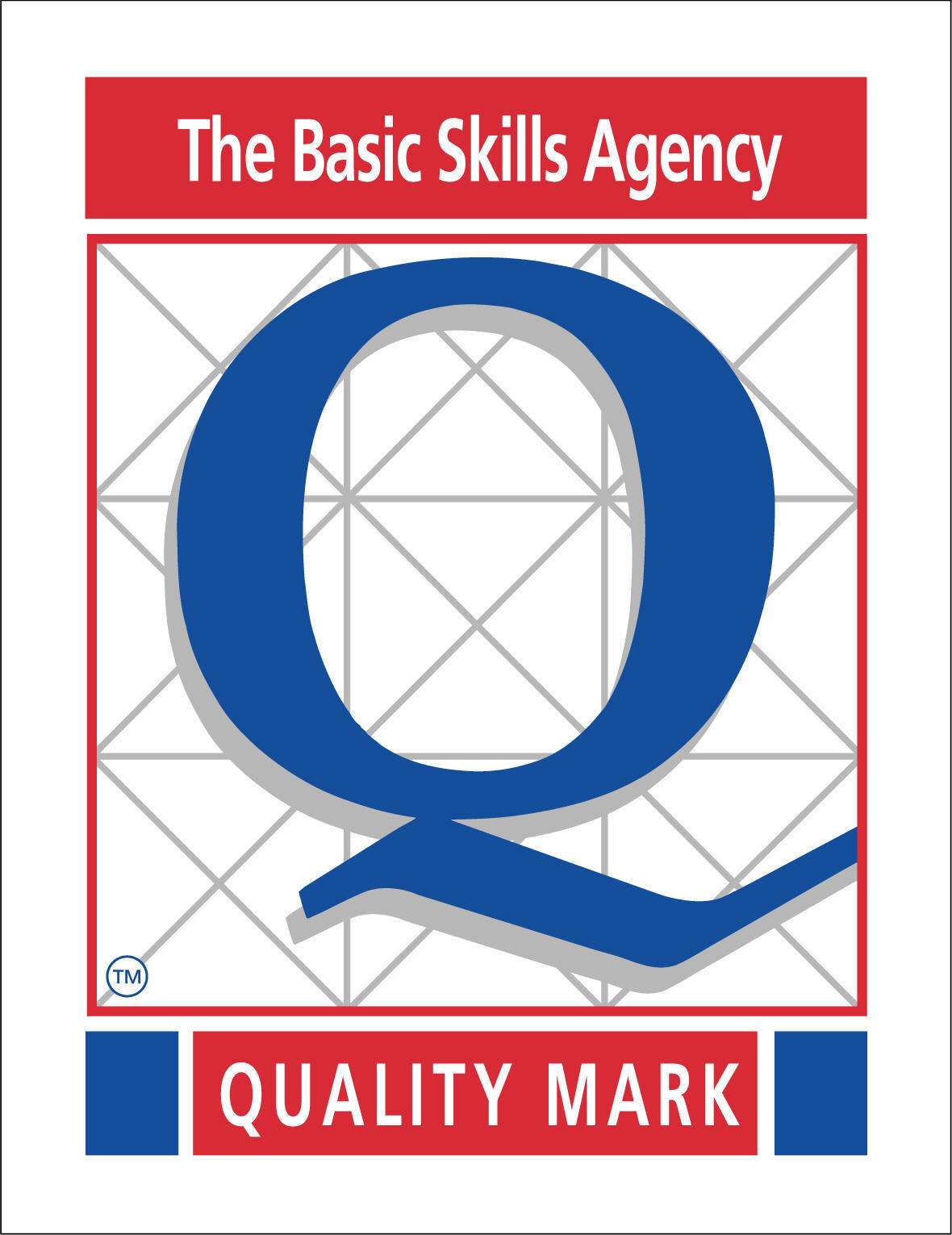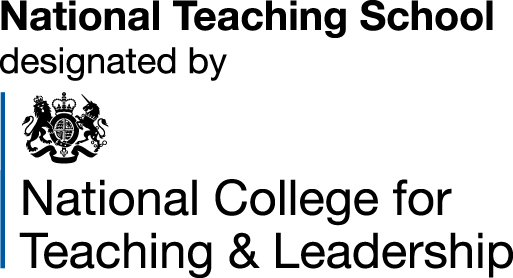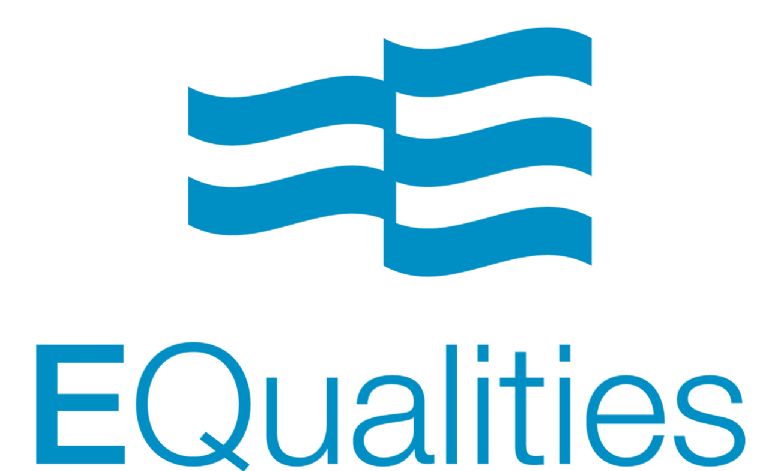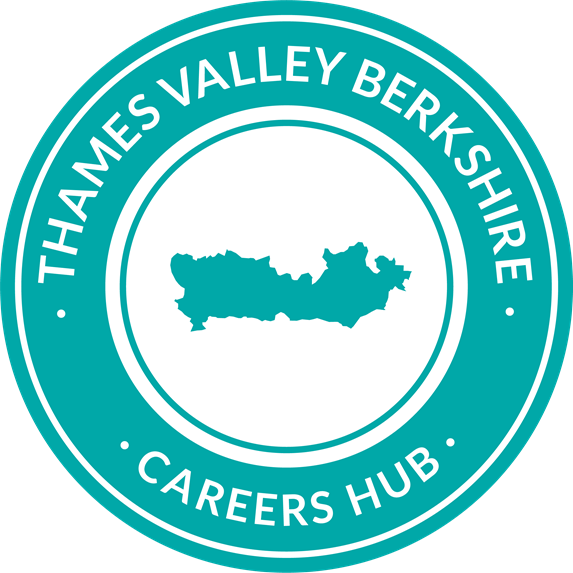ADVICE ON SUBJECT OPTIONS
Before you make your choices you need to ask some key questions:
Which subjects am I best at?
There is a significant difference in the level of difficulty between GCSE and study at KS5, and therefore it is important to select subjects that you are strong in or have the potential to be strong in. All A Levels are now linear, so you will need to be able to recall and apply all your work from the start of Y12 in your final examinations. So, you need to ask yourself: ‘In subjects which are essay-based, are these my strengths?’; ‘Am I stronger in practical subjects?’
Which are my favourite subjects?
The key word here is ‘my’ favourite subjects rather than your parents’ or your friends’. Equally, you should not select a subject because of a teacher – either for positive or negative reasons – as teachers can and do change!
What sort of career am I likely to be interested in when I start looking for work?
Most careers do not need particular subjects at A level or even degree level. Instead, they are interested in the grades you achieve and your ability to study at a certain level. Some careers do require very particular subjects. For example, if you wish to study medicine you must select chemistry as one of your A level options.
Listed below are some of the more popular careers/degree courses and the subjects that are useful or essential at A level.
Architecture:
Maths and/or Physics required or preferred for some courses. Art is sometimes a requirement and many architecture schools prefer it. Portfolio of art work often requested.
Business and Management Studies, Commerce, Accountancy:
Maths is desirable but not essential at most universities, although the Russell Group of Universities may require mathematics.
Computer Science, Computer Studies:
Maths or Physics is often desirable and Computer Science is seen as a useful subject to study.
Economics:
Maths, Economics or Business Studies desirable.
Education:
One A level is usually required in the main subject of choice, plus two other subjects. A broad range is acceptable.
Engineering:
Maths and Physics at A level with Chemistry frequently desirable. Chemistry at A level for Chemical Engineering. Further Maths is preferred for some courses.
Law:
Universities do not require you to have studied Law at A Level to study a Law degree. The vast majority treat Law A Level just like all other A Levels. What is essential is that you have studied an essay-based subject at A level and achieved a very good grade and that you have a good memory. History and English Literature are looked at very favourably by universities if you do want to progress to a Law degree. A Level Law also goes well with many other A Levels eg: Business Studies, Sociology, Languages, Philosophy & Ethics.
Medicine:
Chemistry is essential and many universities like two of your subjects to be Biology and Mathematics, with some universities looking favourably at the third subject being a non-scientific subject, such as a modern language or an essay-based subject .
Pharmacology, Physiology:
Chemistry, usually with Biology and/or Physics/Maths.
Teacher Training:
Teachers must be graduates and you will need a degree in the subject you wish to teach for secondary and at least a Grade 4 in English and Maths. For primary teaching, you will need a Grade 4 in science also. For secondary teaching, it is strongly recommended you can teach at least two subjects having two distinct subject groups at A Level is a strength and keep them both up at degree level (eg: one as a subsidiary subject).
What would I like to do after the Sixth Form?
Some students know they want to go to university, some know they do not want to go to university and some simply don’t know. At Maiden Erlegh, about 80% go to university but our careers and advice and guidance programme covers alternative options such as apprenticeships and employment.
Am I aiming for university?
If you are aiming for higher education you may be aware of the Russell Group of universities. They suggest that some subjects are needed more than others; they class these as ‘facilitating subjects’. The following subjects are viewed as facilitating subjects: Biology, Chemistry, English Literature, Geography, History, Mathematics and Further Mathematics, Modern Languages and Physics.
However, it is very important to emphasise that many universities do not require you to have taken these “facilitating subjects”.
We have a roll out of presentations and individual support to help you with your UCAS applications, including bespoke support for Oxbridge candidates and students applying for medicine, veterinary and other similar courses with entry tests.
Am I aiming for an Apprenticeship?
If you are aiming for an apprenticeship after sixth form, you need to be aware that many Advanced Apprenticeship are highly competitive and many applicants will have already completed A Levels or other Level 3 qualifications. An Advanced Apprenticeship enables you to develop work based skills in a particular job or sector. People with existing Level 3 qualifications can often complete an Advanced Apprenticeship in less time. More and more employers are also now offering Higher Apprenticeships which are equivalent to the first year of university level study, and you might find there is an opportunity at this level in your sector. Degree Apprenticeships are also available so that you can work and study to degree level at the same time.
Most apprenticeships do not need particular subjects at KS5 level. Instead, they are interested in the grades you achieve and your ability to study at a certain level. Some apprenticeships do require very particular subjects, however, and it is therefore important that you look at apprenticeships’ websites now, the following websites are good places to start www.apprenticeships.org.uk, www.notgoingtouni.co.uk/jobs.
Do I have to do work experience?
Work experience is a requirement for all students as part of the 16-19 study programme. Our expectation is that students will complete 30 hours of work experience that is directly linked to their future career aspirations. This cannot be your usual part-time job if you have one. Most students choose to do a placement which is directly linked to their career choice or subject combination (eg: prospective vets go to farms, veterinary practices etc and people interested in working in tourism go to hotels or monuments).
Some students choose a general work placement with a focus on employability skills in the round eg: team working, communication, customer service and so on. It is not just the work placement which is important. The process of researching where to go, approaching the company, applying, attending an interview etc is equally as important, if not more. This is why we strongly advise students to arrange their own placements, with our advice and support.
Some students do use their part-time job employer to arrange a placement in another part of the company in order to gain job-specific or general employability skills. For students who really cannot arrange their own placement, we work with an agency who can do this for an administrative contribution. We will ask all students to reflect on their experience in the round and what learning they would take into their first job.







